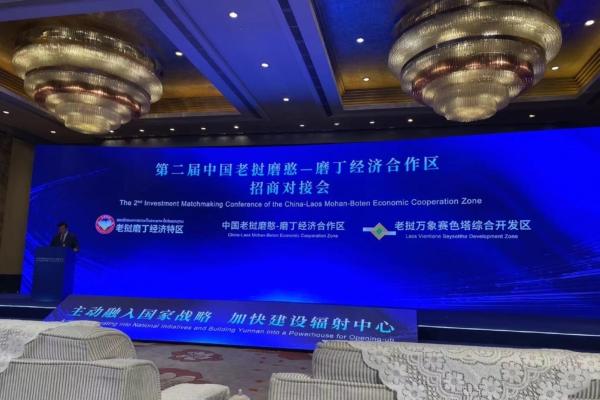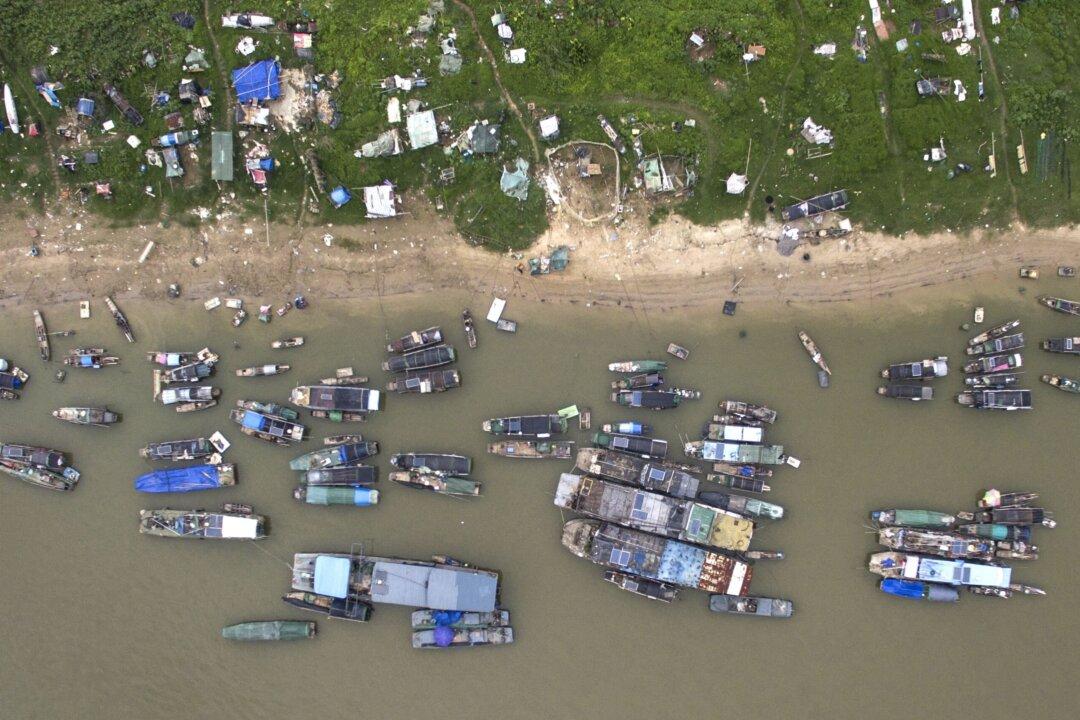Arbitrary fees and viral testing before receiving emergency medical services are suspected of causing numerous deaths in China. Patients’ families are forced to begin legal proceedings despite heavy censorship of their cases.
Since the pandemic surged across China, many hospitals started requiring a “four-test package” that included nucleic acid testing for the CCP virus (also called the novel coronavirus), CT scanning, antibody testing, and routine blood testing, which then became a requirement for many ER services.




